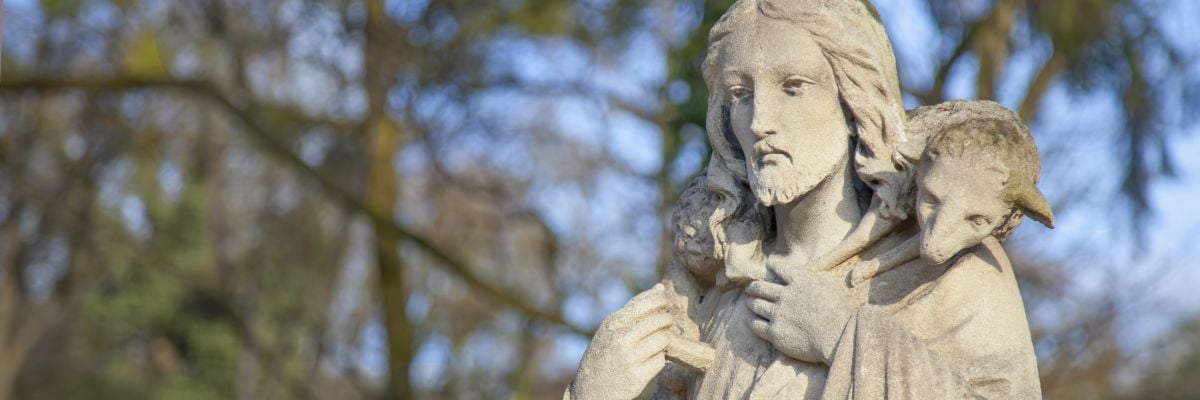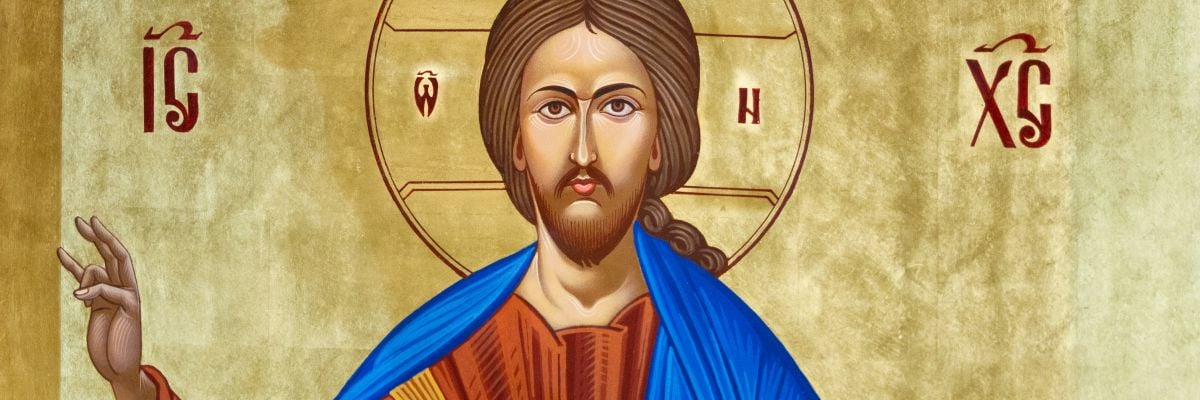A
anhphan
Guest
I hardly understand about it.
Sunday is expressly distinguished from the sabbath which it follows chronologically every week; for Christians its ceremonial observance replaces that of the sabbath. In Christ’s Passover, Sunday fulfills the spiritual truth of the Jewish sabbath and announces man’s eternal rest in God. For worship under the Law prepared for the mystery of Christ, and what was done there prefigured some aspects of Christ:
Those who lived according to the old order of things have come to a new hope, no longer keeping the sabbath, but the Lord’s Day, in which our life is blessed by him and by his death.


That would be the early 1st Century.I dont get it either, we are told not to pick and choose what we believe, but clearly at some point in Catholic Church History people decided to go from Saturday to Sunday
Not quite. The Sabbath is observed on Saturday, but refers to the ritual rest and prayer and not the day itself. The Jews referred to “Saturday” as the “seventh day”, as they numbered rather than named the days (following the numbering used in Genesis).Yes. The Sabbath is Saturday, and Sunday is Sunday.
